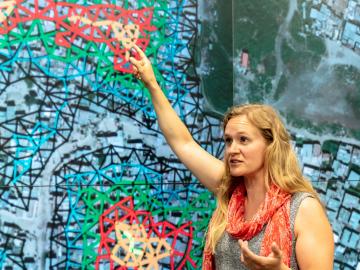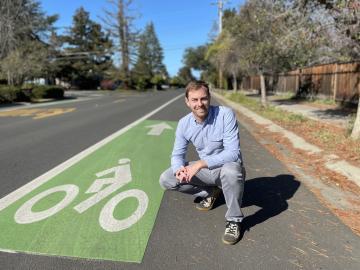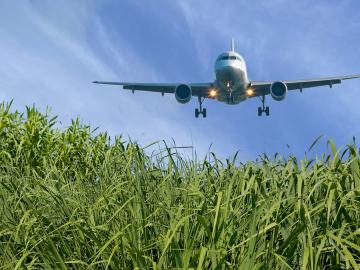
Filter News
Area of Research
News Type
News Topics
- (-) Biomedical (42)
- (-) Buildings (30)
- (-) Cybersecurity (14)
- (-) Frontier (44)
- (-) Isotopes (33)
- (-) Mercury (7)
- (-) Molten Salt (2)
- 3-D Printing/Advanced Manufacturing (56)
- Advanced Reactors (12)
- Artificial Intelligence (77)
- Big Data (45)
- Bioenergy (68)
- Biology (80)
- Biotechnology (25)
- Chemical Sciences (35)
- Clean Water (16)
- Composites (11)
- Computer Science (111)
- Coronavirus (19)
- Critical Materials (5)
- Education (2)
- Emergency (3)
- Energy Storage (32)
- Environment (116)
- Exascale Computing (51)
- Fossil Energy (6)
- Fusion (38)
- Grid (32)
- High-Performance Computing (81)
- Hydropower (6)
- ITER (4)
- Machine Learning (37)
- Materials (51)
- Materials Science (55)
- Mathematics (8)
- Microelectronics (3)
- Microscopy (23)
- Nanotechnology (17)
- National Security (60)
- Neutron Science (82)
- Nuclear Energy (66)
- Partnerships (36)
- Physics (34)
- Polymers (9)
- Quantum Computing (35)
- Quantum Science (48)
- Security (16)
- Simulation (42)
- Software (1)
- Space Exploration (13)
- Statistics (2)
- Summit (40)
- Transportation (30)
Media Contacts

What’s getting Jim Szybist fired up these days? It’s the opportunity to apply his years of alternative fuel combustion and thermodynamics research to the challenge of cleaning up the hard-to-decarbonize, heavy-duty mobility sector — from airplanes to locomotives to ships and massive farm combines.

A team of researchers has developed a novel, machine learning–based technique to explore and identify relationships among medical concepts using electronic health record data across multiple healthcare providers.

ORNL biogeochemist Elizabeth Herndon is working with colleagues to investigate a piece of the puzzle that has received little attention thus far: the role of manganese in the carbon cycle.

Unequal access to modern infrastructure is a feature of growing cities, according to a study published this week in the Proceedings of the National Academy of Sciences

David McCollum is using his interdisciplinary expertise, international networks and boundless enthusiasm to lead Oak Ridge National Laboratory’s contributions to the Net Zero World initiative.

The rapid pace of global climate change has added urgency to developing technologies that reduce the carbon footprint of transportation technologies, especially in sectors that are difficult to electrify.

Surrounded by the mountains of landlocked Tennessee, Oak Ridge National Laboratory’s Teri O’Meara is focused on understanding the future of the vitally important ecosystems lining the nation’s coasts.

Every day, hundreds of thousands of commuters across the country travel from houses, apartments and other residential spaces to commercial buildings — from offices and schools to gyms and grocery stores.

Spanning no less than three disciplines, Marie Kurz’s title — hydrogeochemist — already gives you a sense of the collaborative, interdisciplinary nature of her research at ORNL.

A rapidly emerging consensus in the scientific community predicts the future will be defined by humanity’s ability to exploit the laws of quantum mechanics.


